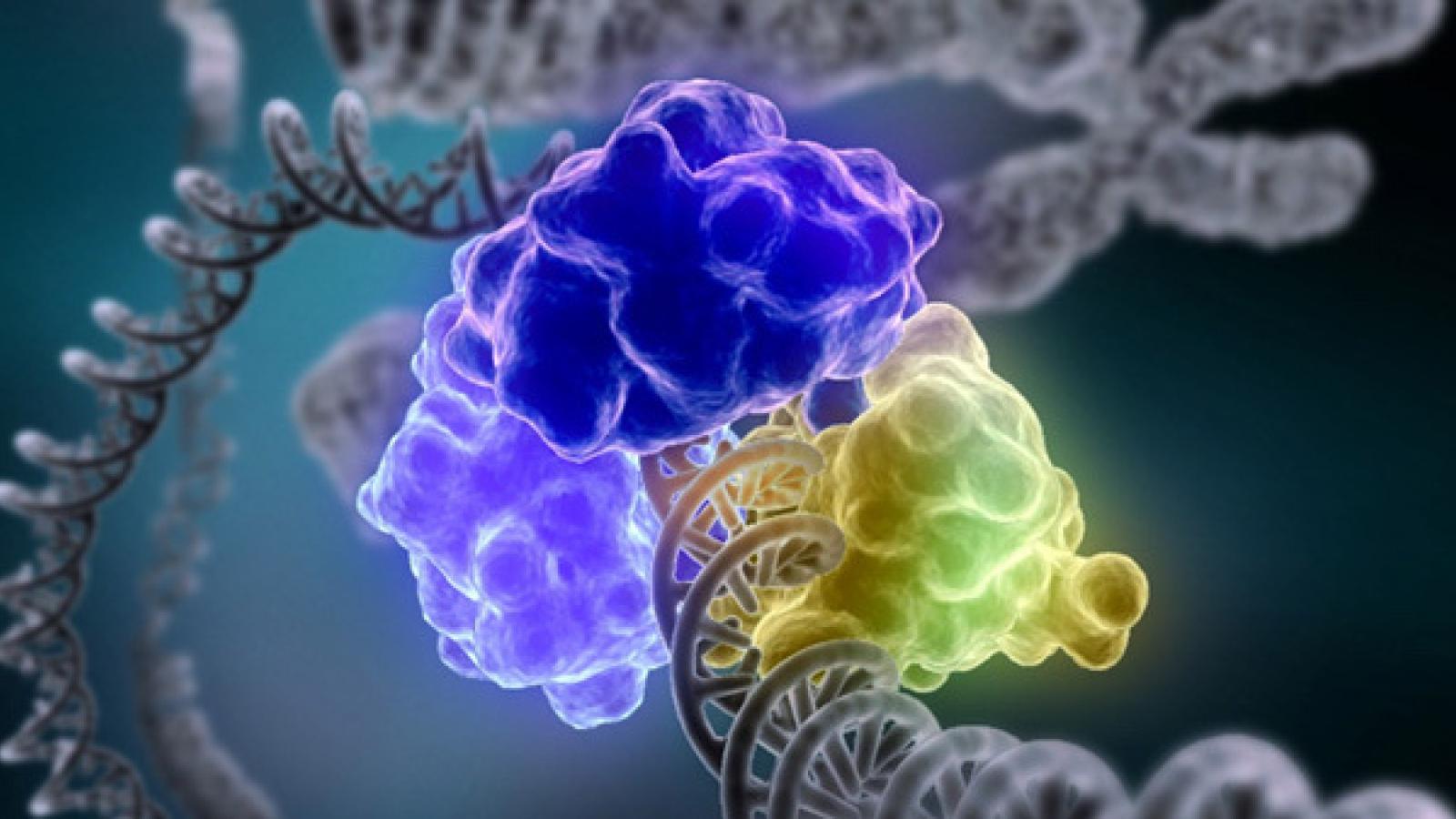We are delighted to announce the six awardees in the third round of the UK DRI Pilot Studies programme – an initiative designed to encourage UK DRI early career researchers to take the next step towards independence and consider new avenues of research aimed at understanding or treating neurodegenerative diseases.
From a pool of 25 applications, six outstanding projects were selected for funding by the review panel and will each receive £44,000 for the one-year project. In addition to meeting the criteria of high scientific merit and novelty, all awardees indicated that the data collected in these projects will be used for future fellowship applications.
awardees in this round of the pilot studies programme
We’ve been blown away by the ingenuity of our early career researchers, as evidenced by the quality of submissions to the programme. For those successful, we hope this dedicated funding provides the boost required for application to major funding initiatives and ultimately the difficult step of gaining independence as a researcher.UK DRI Scientific Review ManagerAoife Kiely
The six projects awarded funding in this round of the Pilot Studies programme are:
Developing new tools to assess DNA damage in neurodegenerative disease
Dr Melissa Salazar (UK DRI at UCL)
Age is the biggest risk factor for the development of dementia and researchers are keen to investigate biological processes that may be contributing to this. Growing evidence suggests that DNA damage increases as we age and therefore may be an important process to target for treatments. For this project, Dr Melissa Salazar aims to develop new tools and use these to characterise DNA damage in the brains of healthy individuals and those with Alzheimer’s disease. These first steps will allow her to gather data for larger studies exploring the potential of treatments targeting DNA damage in neurodegenerative disease.
Targeting the clearance of FET proteins for motor neurone disease and frontotemporal dementia
Dr Daniel Jutzi (UK DRI at King’s)
In motor neurone disease and frontotemporal dementia, we know that a family of proteins called the FET proteins build up in the cell body of neurons and immune support cells known as glia. These proteins are thought to be toxic but currently we have no way of targeting and clearing them from the cells. Dr Daniel Jutzi aims to address this issue by designing a method to target the FET proteins before evaluating its effectiveness as a treatment.
Mapping protein interactions using super resolution microscopy in Parkinson’s disease
Dr John Danial and Dr Laura Calo (UK DRI at Cambridge)
In Parkinson’s disease, a protein known as alpha-synuclein accumulates in the brain. Researchers have previously attempted to target these proteins individually, but their complex structures and interactions make this difficult. Dr John Danial and Dr Laura Calo have developed an extremely sensitive super resolution microscope that will allow them to uncover the mysteries of these protein aggregates and how they contribute to the early events in Parkinson’s. As part of the project, they’ll compile a dynamic atlas of protein interactions with the aim of opening new avenues of treatment.
Exploring the inflammatory effects of senescent cells in Alzheimer’s disease
Dr Ana Guerrero (UK DRI at UCL)
As we age, the cells in our body can transform into a senescent state meaning they have irreversibly stopped their replication cycle. Although this is thought to be an important process in ageing, the increased numbers of senescent cells seen in neurodegenerative disease is concerning and researchers are interested in finding out what role these cells may play in progression of these conditions. For this project, Dr Ana Guerrero aims to focus on the inflammatory effects of these cells in the brain, and determining whether they could be exacerbating disease processes in Alzheimer’s.

Dr Sam Harris (UK DRI at UCL) aims to develop a sound stimulation system to trigger healthy sleep patterns and reduce the aggregation of harmful
Investigating the role of sleep impairment in the accumulation of harmful protein aggregates
Dr Sam Harris (UK DRI at UCL)
Many neurodegenerative diseases are characterised by the accumulation of toxic proteins and there are thought to be numerous reasons why this occurs. Dr Sam Harris is interested in the role of sleep impairment and whether this may contribute to the phenomenon. Using animal models and human studies, Dr Harris will examine the effects of sleep patterns in Alzheimer’s disease and frontotemporal dementia how this in turn may impact the accumulation of proteins. Based on these findings, he will develop a new sound stimulation system which aims to trigger healthy sleep patterns and thereby reduce the build-up of harmful protein aggregates.
Understanding lipid processing in microglia and its contribution to neurodegenerative disease
Dr Mike Daniels (UK DRI at Edinburgh)
The brain contains specialised immune cells known as microglia which are important in brain development, repair and protection. However, the process by which microglia handle and transport fats and lipids has been implicated in diseases which cause dementia. Dr Mike Daniels will investigate the cellular transport systems within microglia, collaborating with Prof Jules Griffin from UK DRI at Imperial to better understand their handling of lipids and how this impacts function in the context of disease.
We would like to congratulate those awarded in this round and look forward to following progress made over the next year. UK DRI researchers can stay updated on calls and deadlines for funding rounds via the UK DRI Portal.
Article published: 24 February 2021
Banner image - DNA Ligase: Tom Ellenberger, Washington University School of Medicine in St. Louis/Wikipedia
Alpha-synuclein image: StudioMolekuul/Shutterstock
Sleep image: fizkes/Shutterstock
